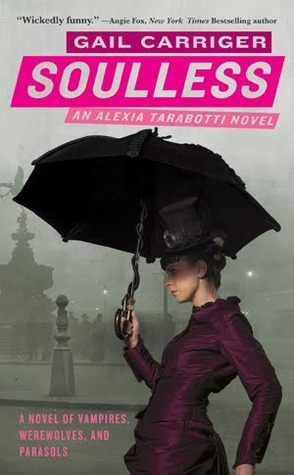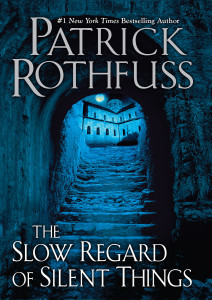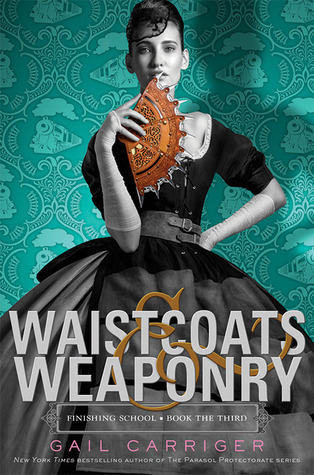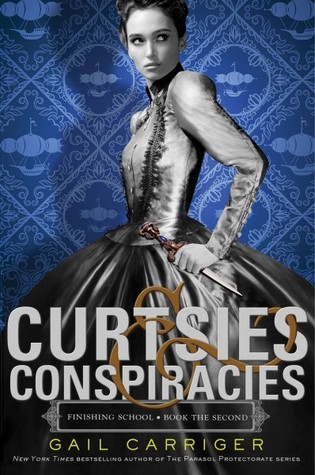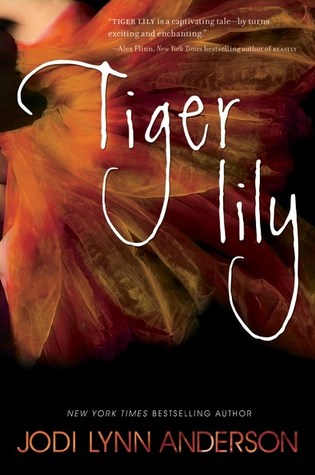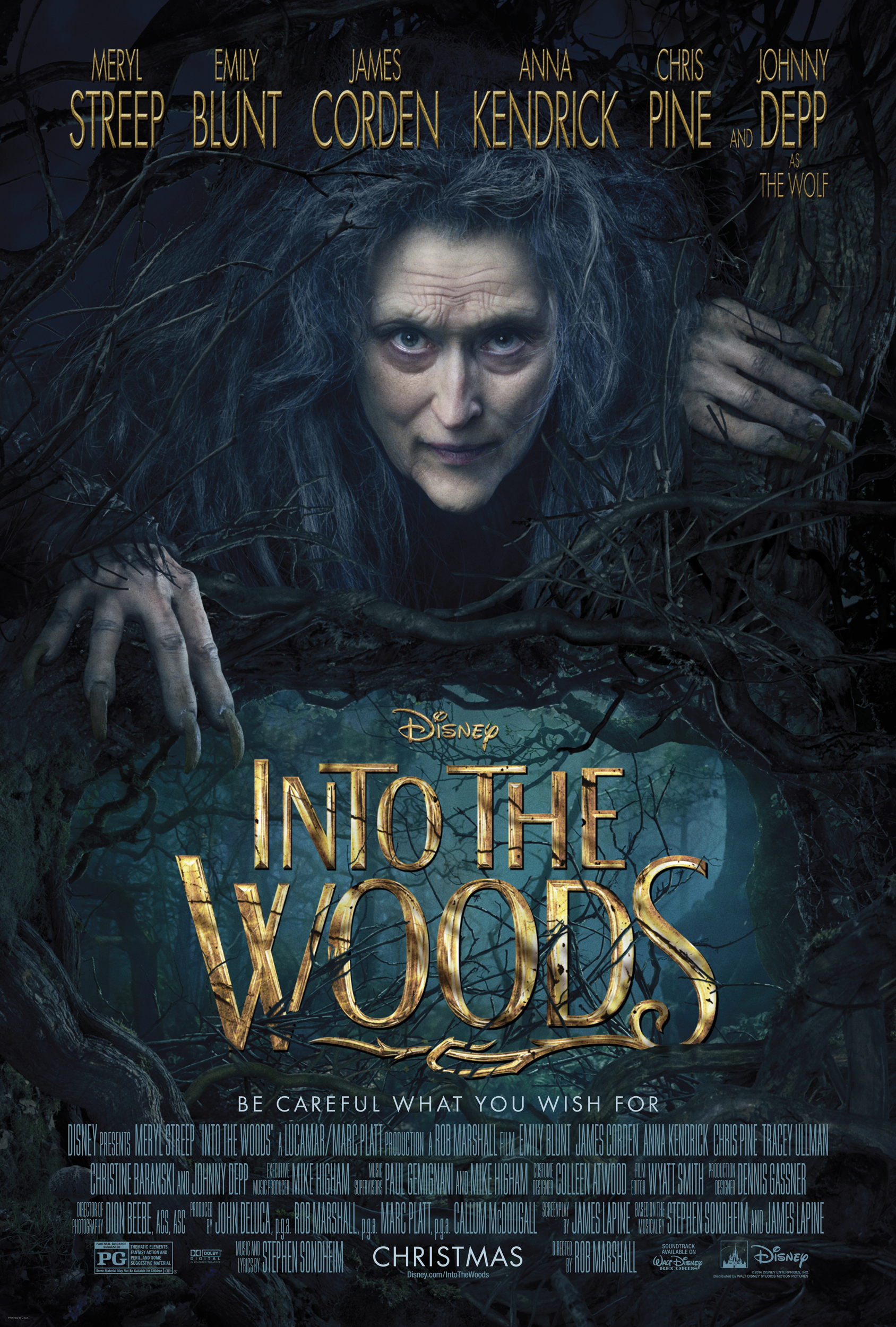
Into the Woods
Rating: ⭐½☆☆☆☆ (& that's being generous, unfortunately)
Viewed on December 29, 2014
I know that this is supposed to be a BOOK blog, but really I am a lover of stories, and movies serve to tell a story, so I feel that I am not cheating too much ;)
And beyond my book deviation, I feel inclined to preface this review with the confession that I have only seen this story in movie format: I have not seen the stage performance, so my review is limited in its scope.
With that said, judging solely by the movie version, this story gets very low marks from me. Upon finishing it this morning, I desperately wanted to go onto Rotten Tomatoes and see its rating: was I the only one who found it awful, or is that a consensus opinion? But I wanted to write my review free from any outside opinions, so here it is.
I did not like "Into the Woods". At all! And it makes me sad to say this because I was very much looking forward to loving it. I love fairy tale retellings; I adore Broadway musicals; I am completely and absolutely enamored with Meryl Steep and will see ANY film in which she acts. And to top it all of, it was a journey story set in the woods, for crying out loud - if that doesn't scream "Stacy Movie," I don't know what else does. So I was completely heartbroken today when I walked away from the theatre: I actually mourned the 2 hours of vacation time that I sacrificed to watch this - it was that bad!
Now, the acting was strong: Ms. Steep was wonderful, as always. And I was very impressed my Emily Blunt and the young boy who played Jack. In fact, with the exception of Prince Charming who had a pretty pathetic showing, the rest of the cast was good. So the 1.5 stars is actually generous to honor the performances.
But I could not bring myself to give it more stars because the plot was dreadful! In fact, it was one of the most abhorrent plot lines that I have followed in some time - I honestly cannot remember a more poorly written plot, ever! Sad to say. The actors were completely burdened under this enormous twisting, confusing plot that was tethered too tightly to its source material. It tried to pay homage to too many fairy tales, and in its attempt to be Dickensian, it, instead, came across as muddled and unnecessarily complicated.
Watching it was like seeing through an ADHD lens - there were so many story lines that I could not focus enough to care about any of them. I mean, who was the protagonist, anyway? Was it the nameless baker/wife? Was it Jack? Was it the witch? What the heck was the point? All of the characters' motivations seemed trivial and inconsequential in the end.
What are we supposed to take away from it all? "Be careful what you tell the children"? And if that's the actual message, then I loathe it even more! I am a lover of good stories, and I adore fantasy tales above all others, so if the moral of the this story is "Be careful what you tell the children," then all of my childhood daydreams, born from fantasy and fairy tales, were a waste of fanciful whim! I've always believed we need to tell children more stories, stoke more imagination, ignite more whimsical fantasies! And maybe that was the message of the movie, and I just missed it, buried beneath the convoluted plot lines. The movie made me think that I should not waste my life wishing; I should not hope for happy endings; I should not believe fairy tales; and I just don't want to sever my ties to the whimsical worlds of my youth: they are the only light that keeps me afloat in the darkness of adult responsibility. I want more fairy tales, more fantasy worlds, more fanciful characters. But this movie was not any of these things because it was trying so desperately to be all of them. At the same time. No bueno!
Watching it was like seeing through an ADHD lens - there were so many story lines that I could not focus enough to care about any of them. I mean, who was the protagonist, anyway? Was it the nameless baker/wife? Was it Jack? Was it the witch? What the heck was the point? All of the characters' motivations seemed trivial and inconsequential in the end.
What are we supposed to take away from it all? "Be careful what you tell the children"? And if that's the actual message, then I loathe it even more! I am a lover of good stories, and I adore fantasy tales above all others, so if the moral of the this story is "Be careful what you tell the children," then all of my childhood daydreams, born from fantasy and fairy tales, were a waste of fanciful whim! I've always believed we need to tell children more stories, stoke more imagination, ignite more whimsical fantasies! And maybe that was the message of the movie, and I just missed it, buried beneath the convoluted plot lines. The movie made me think that I should not waste my life wishing; I should not hope for happy endings; I should not believe fairy tales; and I just don't want to sever my ties to the whimsical worlds of my youth: they are the only light that keeps me afloat in the darkness of adult responsibility. I want more fairy tales, more fantasy worlds, more fanciful characters. But this movie was not any of these things because it was trying so desperately to be all of them. At the same time. No bueno!
The movie was only 2 hours and 4 minutes, but I actually found myself getting bored! I must have looked down at my watch 2-3 times to see how long it had been - that is not normal movie-watching behavior for me.
Part of me wants to believe that it was better on stage. I want to believe that, had I seen it on a Broadway stage, I would have adored it, and it was the Disneyfication that ruined it, as Disney can often do. Now don't get me wrong: I am a huge Disney fan, but even I can admit that the company has a reputation for rewriting stories for their own money-making, family-oriented convenience. So maybe that was the case here: maybe the Disney writers got ahold of the original play and manipulated it to the point of complete chaos. I so desperately want to hope that that was the case, but I fear otherwise. I think Disney had a complication-heavy, frustrated, confusing plot to begin with, and Disney just tried desperately to cover up the bad plot with supremely talented actors in the hopes that it would make up the difference. However, in the end, even the beloved Meryl Streep, actress supreme herself, was not enough to carry such an abismal story line. It breaks my poor Meryl-loving heart, it does!
Unfortunately, I do not recommend this movie to anyone. And I wish I could take back those two hours that I wasted watching this movie. It was not worth it.
